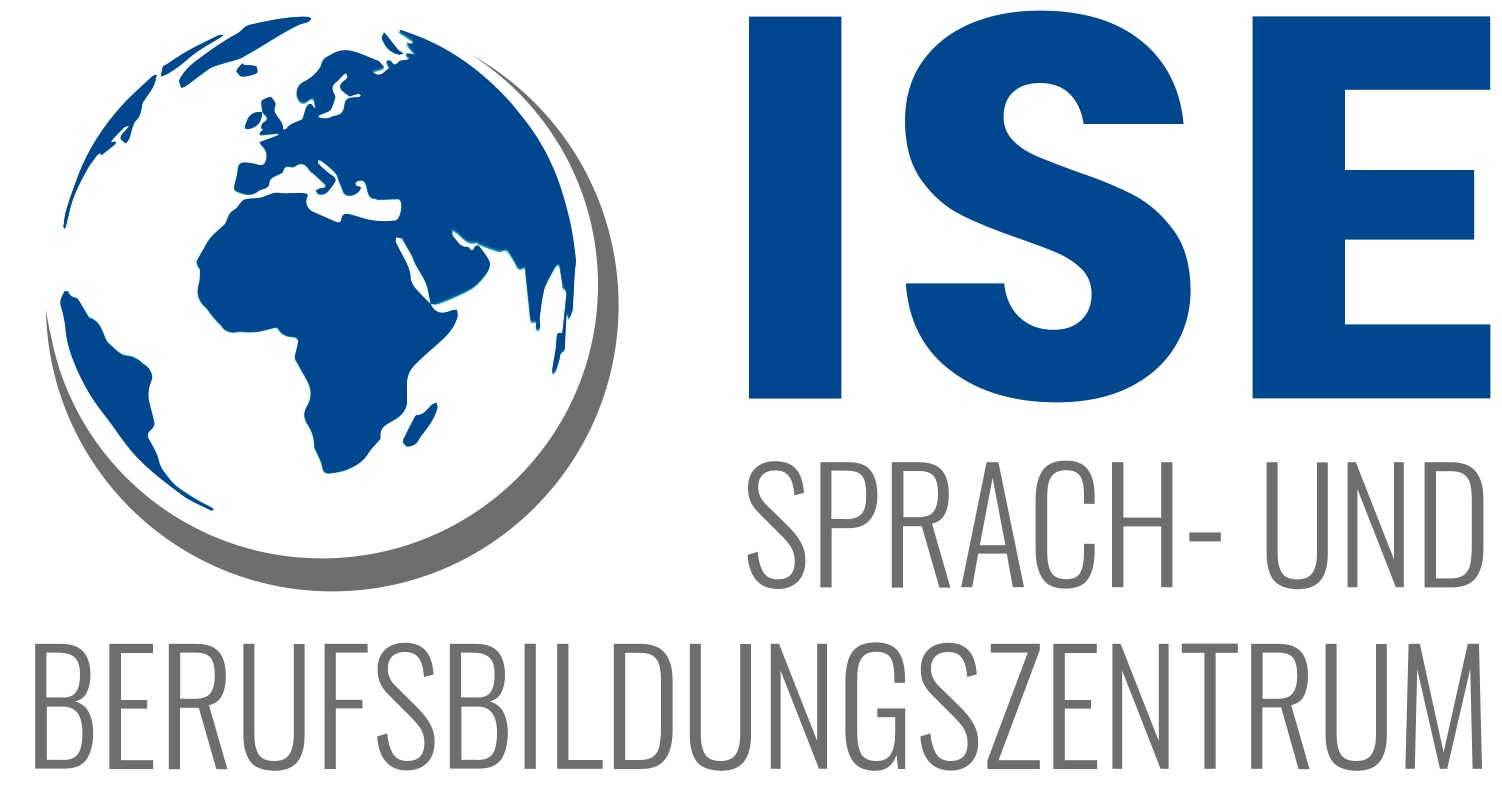Project supervisor Peter Blendowski and course leader Thomas Klein were pleased that job-seekers were now able to benefit from the ESF project for the third time.Qualification to become a nursing assistant” in cooperation with the JobcenterAM-AS, were given the opportunity to gain professional qualifications in order to gain a foothold on the job market again. Since 2014, participants at the ISE Language and Vocational Training Center at Kaiser-Ludwig-Ring in Amberg have been learning relevant theory from the career profile of geriatric nurses.
On June 8, 2015, the qualification measure to become a geriatric care assistant for job seekers started at the ISE language and vocational training center in Amberg. Like last time, the course was co-financed by the European Social Fund in cooperation with the AM-AS job center. At first, all participants were certainly very excited to see what awaited them during the nine months in total. However, some participants' initial uncertainty about the new challenges quickly subsided. The three qualification modules “Promoting and supporting old people in their mobility as part of self-care”, “Supporting old people in organizing their day” and “Supporting old people in eating and drinking” certainly offered enough content to enable the participants to prepare for a professional future in geriatric care. After each module, the adult students were rewarded with a certificate and a certificate of participation for their partial success. As long as all qualification modules were successfully completed, all requirements were met to receive the coveted certificate. A total of 22 participants were pleased with their achievements in the final certificate. This was duly celebrated at the certificate award ceremony at the end of the course on March 4, 2016.
The already diverse course program was further enhanced with a “first aid” course, comprehensive instruction on the subject of infection protection and the area of kinesthetics. The course content was based on the recognized training profession of the geriatric nurse, so that the obligatory course content included giving the participants a comprehensive insight into the work of the geriatric nurse. This was achieved through theoretical and practical teaching content on the topics of prophylaxis, disease theory, employment, activating care or basic care, food intake, legal principles and positioning. In a one-week orientation internship and a four-week internship, the participants also had the opportunity to put the knowledge they had acquired in the area of nursing and care into practice. Local senior care facilities were acquired for the internship and were happy to provide the course participants with active support in the geriatric care sector.
The application activities and the intensive internship support during the course also meant that nine participants already had an employment contract in their pockets at the end of the course. The ISE Language and Vocational Training Center will remain in contact with the participants even after the course has ended in order to support them in their further professional careers.
Thomas Klein

